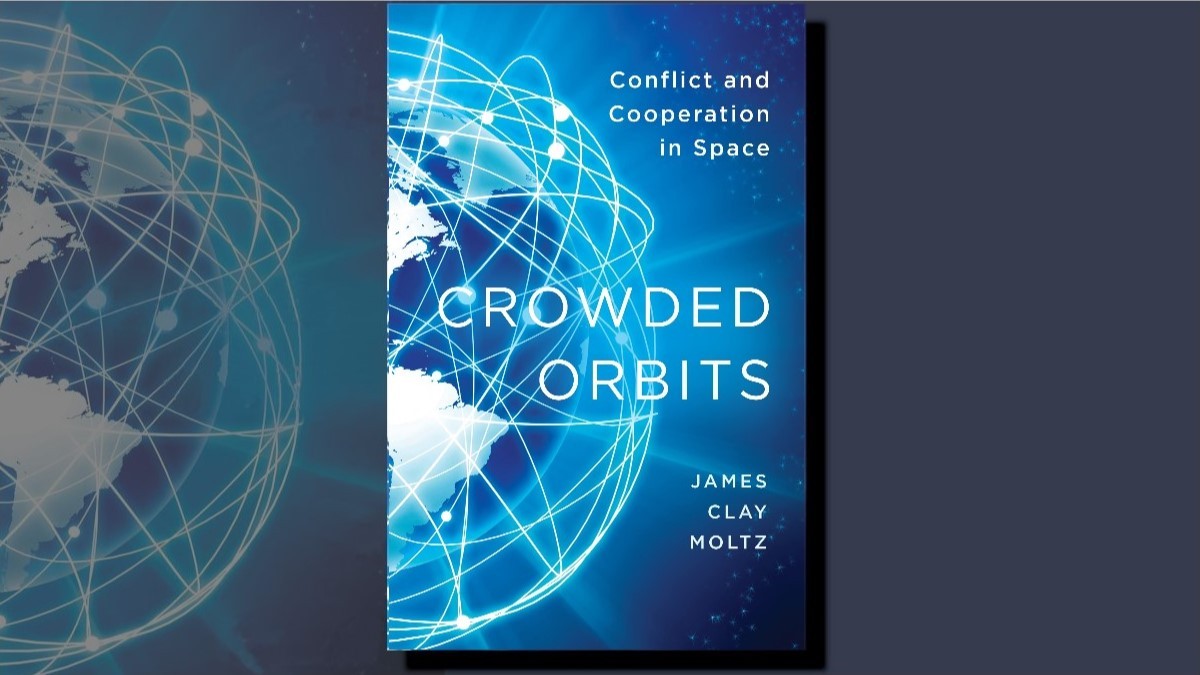Moral Injury and Sin – who repairs the soul?
As a Catholic Military Chaplain, I have always felt a deep-seated desire to go on a pilgrimage to Lourdes at the foot of the Pyrenees Mountains in France, or Fatima in Spain; both sites of Marion apparitions. When I found out that 2018 was the 60th anniversary of the military pilgrimage to Lourdes, a pilgrimage for military personnel initiated by the Knights of Columbus in 1958 but with its origins during WW1, my wife and I began planning to go on this pilgrimage. We were then able to join in with the Catholic Military Ordinariate pilgrimage and arrived in Lourdes in May 2018 with approximately 30 000 military and ex-military Christians from around the world. During the pilgrimage, I met British Army officer, LTGEN Patrick Sanders who is currently Commander Field Army. I remember a part of our conversation centred on the subject of ‘moral injury’ and when LTGEN Sanders mentioned ‘sin’, my response was fairly firm: that negative wording was not helpful and suggested that the soldier had done something wrong. I have now spent some time reflecting on sin in relation to moral injury and I think that he was absolutely right. His thoughts on the matter had prompted me to a greater depth of thinking and I now believe that moral injury is human sin in its many different forms.
If we accept that no human person living on earth today is perfect, this is a good starting point to reflect on how to improve and seek perfection to build a better capability, a better Army and ultimately a better world. Each of the monotheistic belief systems has an understanding of sin. The Christian faith holds to the concept of original sin; scholars of Islam teach that disobeying God is always a serious matter and have divided sins into major and minor categories; Judaism might prefer to use the word Yetzer Hara (the inclination toward evil) that which is not of God. In each case, not holding to the laws or fundamental tenets of each tradition impacts on the believers’ relationship with their God. This may leave a mark on their soul or depending on the severity of the sin, may injure the believer morally.
A basic definition of moral injury, as defined by Dr Brett Litz, is something that a person has done, something that a person has failed to do or something that a person has witnessed that transgresses their deeply held moral belief system. Sin in the context of the Catechism of the Catholic Church (1868) says: “Sin is a personal act. Moreover, we have a responsibility for the sins committed by others when we cooperate in them:
- by participating directly and voluntarily in them;
- by ordering, advising, praising, or approving them;
- by not disclosing or not hindering them when we have an obligation to do so;
- by protecting evil-doers.”
For me the comparison is overwhelming. That is without even delving into Article 6, 1777 and 1778 of the Catechism which talks about conscience! So why is this comparison between moral injury and sin important? Well, for me, it leads to the topic of character training and developing resilience within the Army, but also reminds me of who the architect of ‘soul repair’ really is. If you consider the above as individual lines of effort that cross into each other, my suggestion is that they are well within a Chaplain’s responsibility and indeed the responsibility of the whole Royal Australian Army Chaplains Department.
I believe our secular society has forgotten the spiritual roots of ‘soul repair’ and is to some degree taking ownership of it as reflected in the current academic debate surrounding the topic of moral injury. Most of the research is being driven by (secular) psychiatrists from the US Department of Veteran Affairs. Indeed Dr Litz, mentioned above, is developing a treatment process called adaptive disclosure, in which I see a parallel with the concept of forgiveness contained within the Catholic teaching about Confession as a Sacrament. For Jews, Yom Kippur marks a time for atonement, reflection and repentance; atonement is achieved in the Islamic tradition with five fundamental steps in what is called in Arabic: ‘alba’. It would seem that these three belief systems share a similarity when it comes to forgiveness and atonement. The believer commits a sin, the believer acknowledges the sin and then atones for the sin using a form of ritual. This should remind us that ritual plays an important part in the healing of the human person.
Of course, the notion of ‘sin and forgiveness’ has a sticking point, as do questions in mental health, which is, ‘can I forgive myself?’ This question may be hard enough for a Christian to answer let alone a secular Australian serviceperson. Understanding how military chaplains re-assert their understanding of forgiveness alongside mental health professionals is very important to add to ADF capability and to bring much-needed healing to its members. For further reading, a useful presentation on the spiritual perspective of moral injury can be found here.
The views expressed in this article and subsequent comments are those of the author(s) and do not necessarily reflect the official policy or position of the Australian Army, the Department of Defence or the Australian Government.
Using the Contribute page you can either submit an article in response to this or register/login to make comments.




